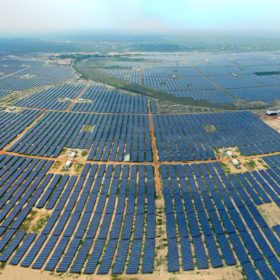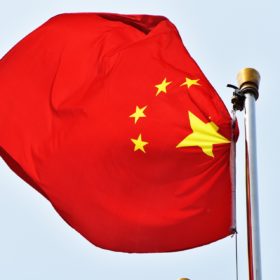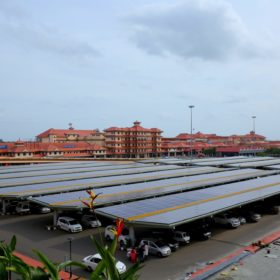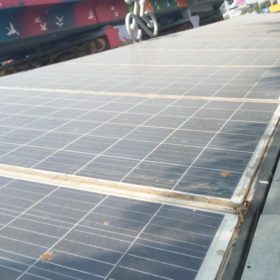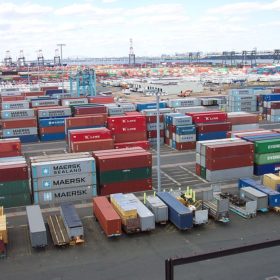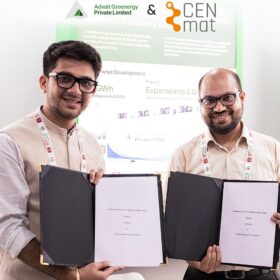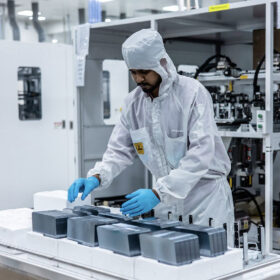SECI extends 6 GW manufacturing tender deadline again
The Solar Energy Corporation of India has extended the deadline yet again for a procurement exercise originally intended to secure 5 GW of PV manufacturing capacity and 10 GW of generation assets 13 months ago. The deadline for bidding for 2 GW of production and 6 GW of generation capacity is now October 11.
NLC commissions 95 MW solar capacity in Tamil Nadu
With this addition, the total installed renewable energy capacity of the state-owned power generator has exceeded 1 GW.
Jammu & Kashmir presents a Rs11,000-crore solar opportunity by 2022: Care Ratings
The state with power deficit of up to 20% provides the opportunity to scale up the solar capacity to 2 GW by 2022, which would require an investment of Rs11,000 crore.
Eric Luo: China will see just 20-25 GW of solar per year through 2025
The GCL System chief executive made comments that fly in the face of an expected solar gold rush in China that analysts predict will start this month. Though rising overseas demand will address overcapacity fears, according to Luo, the soundbite is sure to chill PV boardrooms across the world’s biggest solar market.
Kerala tenders 200 MW grid-connected solar projects
October 16 is the bidding deadline for rooftop and ground-mounted solar plants that are to set up in various sizes—10 KWp or smaller, 11-100 KWp, above 100 kWp and combinations thereof—within consumer premises across the state.
IEEFA: India needs a multi-technology approach to renewables integration
In addition to accelerated deployment of battery based energy storage systems, the country needs to look at a combination of technologies to manage peak electricity demand whilst maintaining grid stability at least overall cost.
Telangana targets 5 GW of renewables next year
Decentralized model of solar project development has avoided the need to spend huge amounts on grid upgrades in India’s newest state. With EV charging plans advancing Telangana now intends to change policy to reflect falling solar costs.
Chinese panel maker ready to exploit module tariff reduction
Solargiga highlighted the fact safeguarding duty has recently been reduced in India when considering solar opportunities around the world as part of its first-half update to the Hong Kong stock exchange.
Chinese company Ganfeng Lithium prepares solid-state battery test line
The energy storage company is ramping up R&D efforts to try and fast-track commercialization of the more productive – and more expensive – battery tech. The news was announced as part of an uninspiring first-half update thanks to falling lithium salt prices.
Dutch government treats 21 municipalities to smart EV chargers
Vehicle-to-grid functions could soon become increasingly important. While policymakers discuss the necessary regulations in other nations, the Netherlands government is motoring ahead with the technology.

